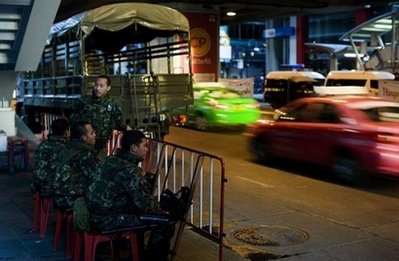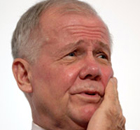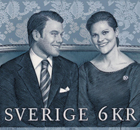Asia-Pacific
Thai plans to choke Red Shirts protest zone on hold
(Agencies)
Updated: 2010-05-13 16:53
 |
Large Medium Small |
|
 Thai soldiers stand guard in the area around the "Red Shirts" fortified camp in the central financial district in downtown Bangkok.[Photo/Agencies] |
BANGKOK – The Thai government suspended its plan to cut water and electricity supplies to anti-government demonstrators camped in a posh central Bangkok neighborhood, heeding pleas from residents and foreign diplomats who live and work there.
But it also withdrew an offer to hold elections in November, bringing Thailand's months-old political crisis back to square one, days after it appeared that a compromise was imminent.
The "Red Shirt" protesters believe Prime Minister Abhisit Vejjajiva's coalition government came to power illegitimately through manipulation of the courts and the backing of the powerful military, and have been demanding new elections in street rallies since March 12. Clashes with security forces and other violence have left at least 29 people dead and 1,400 injured.
Thousands of Red Shirts protesters have camped for two months on the streets and parks in a 1-square-mile (3-square-kilometer) area, which is home to several embassies, shopping malls, hospitals.They have set up their own security checkpoints.
Col. Sansern Kaewkamnerd, the spokesman of an agency in charge of suppressing the protest, said late Wednesday that the plan to choke off essential services to the "Red Shirt" demonstrators was put on hold because of the repercussions it would have on other residents.
He said European diplomats and others expressed concern to the Bangkok governor that the blockade would affect residents more than the protesters.
"We have to assess who is going to face the impact more: the protesters or people living in the area," he told The Associated Press.
There was no sign of increased police or troop presence, and traffic was moving as usual through the bamboo-and-tire barricades set up by the Red Shirts on the southern and eastern edges of the protest camps.
Sansern said security forces would "not use force at this stage," but left open the possibility of more violence if the protesters refuse to disperse.










